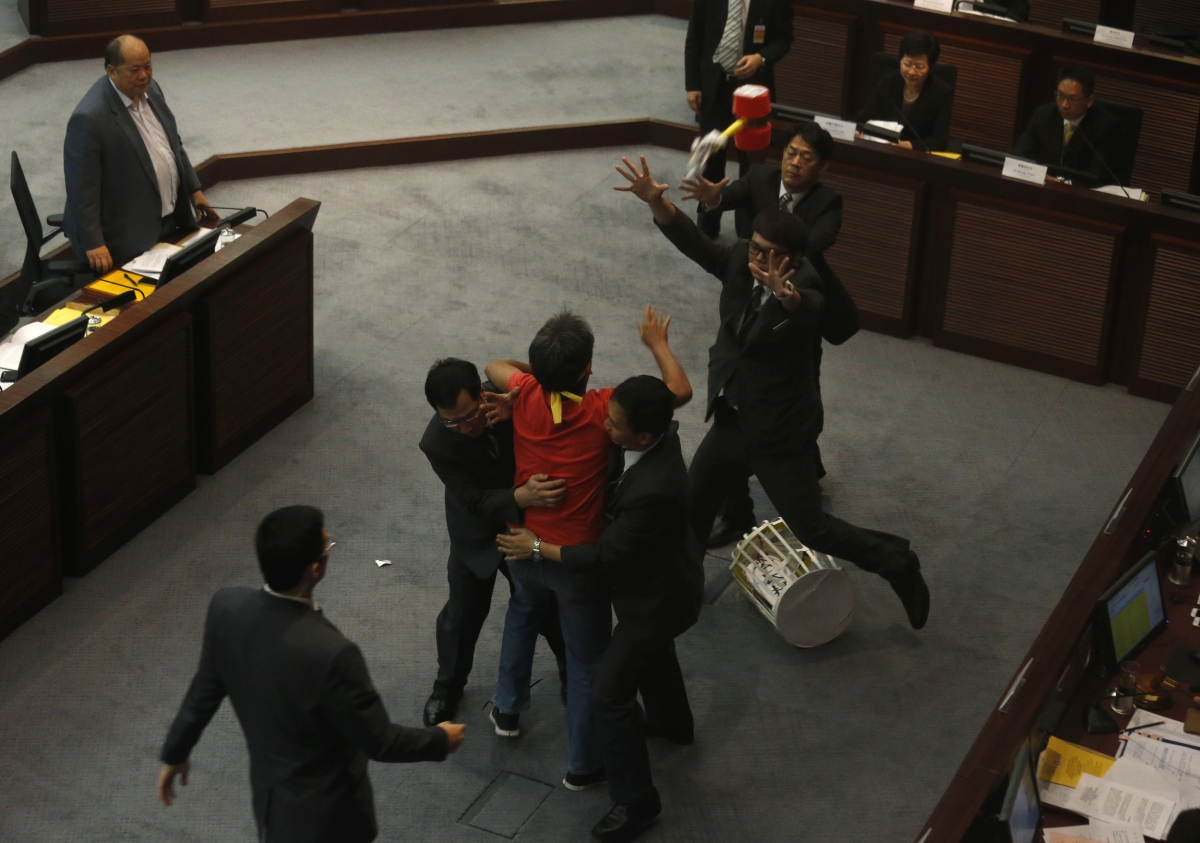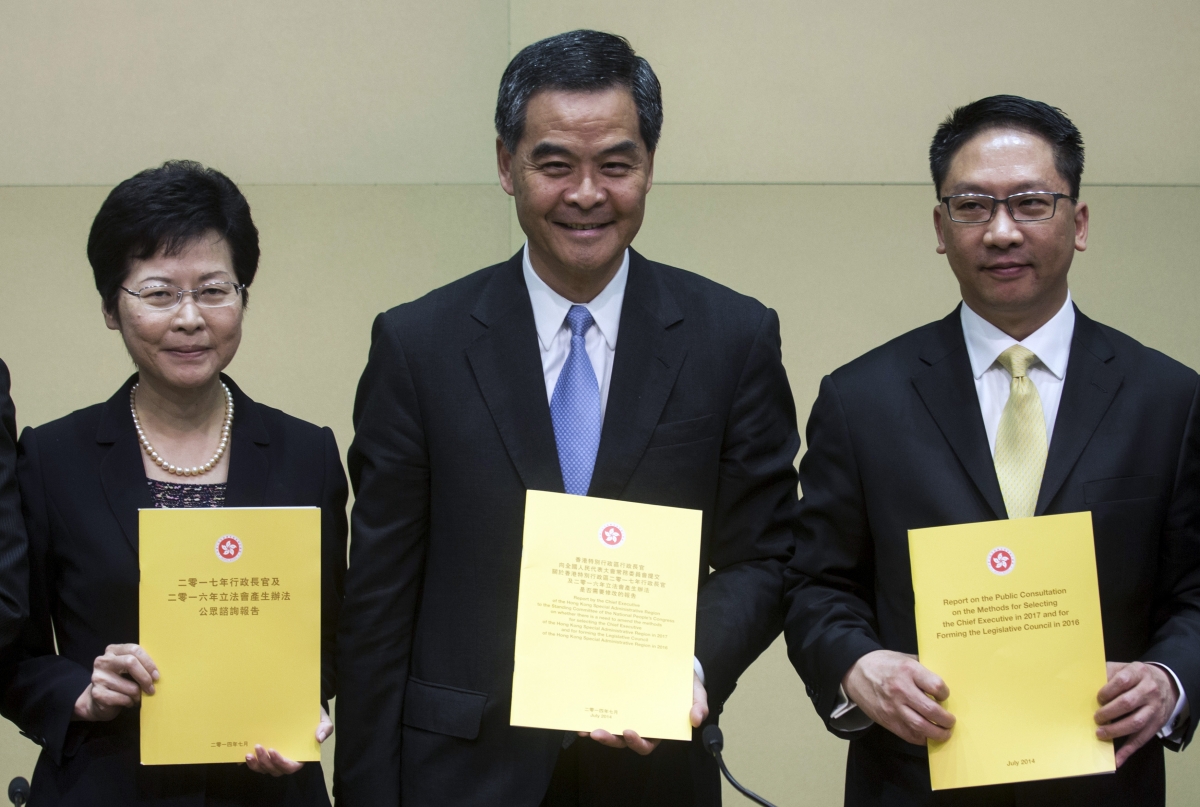Hong Kong Asks Beijing for Limited Democratic Reform



Hong Kong has officially asked Beijing to enact limited democratic reforms allowing residents of the former British colony to directly elect their next leader.
The report submitted by Hong Kong Chief Executive Leung Chun-ying to the central government in China fell well short of pro-democracy activists' demands that opposition candidates are also allowed to stand for election.
It comes after hundreds of thousands of people took to the streets of the semi-autonomous city, demonstrating in support of universal suffrage, earlier this month.
Leung wrote that consultations with nearly 125,000 people and groups found Honk Kongers were "eager" for democratic reforms.
However, he added that most people were happy to leave the selection of the candidates who will run to succeed at him as chief executive (CE) in 2017 up to an elite pro-Beijing committee.
"The community generally agrees that the CE should be a person who 'loves the Country and loves Hong Kong'," the report read.
The expression appeared to kowtow to a policy document released by China's cabinet in June, which infuriated many Hong Kongers, as it stated that Beijing has ultimate power over the city and its leader must be patriotic to China.
Up to half a million people protested against the so-called 'White Paper' and China's meddling with Hong Kong's internal affairs on July 1 - anniversary of the day Britain returned its former colony to China in 1997.
In his report, Leung made almost no mention of the rally or of an earlier unofficial referendum on universal suffrage that gathered some 800,000 votes.
He alluded to the two events but only obliquely, saying that: "A number of groups and members of the public still expressed their wishes and aspirations concerning the implementation of universal suffrage … through different ways and channels".
The report is likely to be slammed by democracy activists, some of whom have pledged to occupy the city's financial district unless Beijing's allows opposition candidates to run for election.
The presentation of a twin report by Hong Kong Chief Secretary Carrie Lam to the Legislative Council was disrupted by pro-democracy lawmakers.
Lawmaker Leung Kwok-hung attempted to throw a prop bird cage and a plastic hammer at the Lam, while his colleague Albert Chan Wai-yip tore up a copy of the report.
Nevertheless, Hong Kong's request marks a significant step in the city's difficult path towards democracy since it joined Communist China under the under the formula of "one country, two systems".
© Copyright IBTimes 2025. All rights reserved.




















